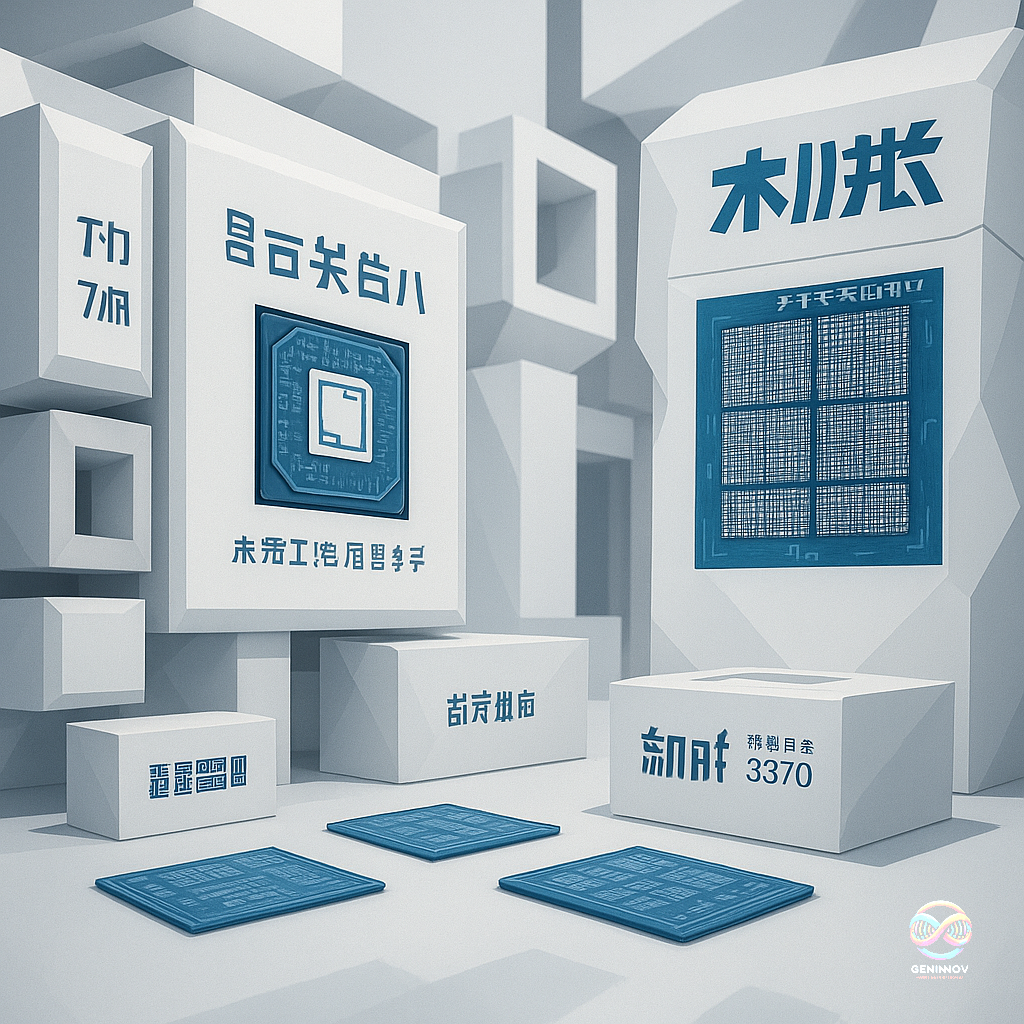The tech world is abuzz with announcements, product launches, and promises of a revolutionary future powered by artificial intelligence. Yet, everything released falls under two categories: a. Unuseable, and b. Unnecessary.
On one hand, we see hardware products like the "latest and greatest" gadget that, upon closer inspection, seems unusable for most people in any real-world scenario. On the other, we have products like Apple's Vision Pro or Meta's Ray-Ban glasses – functionally decent, but lacking the depth of features to justify their hefty price tags for everyday users.
These offerings often serve as fodder for skeptics who doubt GenAI's transformative impact. They are absolutely right from one point of view, but one can either keep looking at what is still not done or, as is the theme of this series, analyze what more is achieved and what this is leading to.
Take Whatsapp’s recently-announced Meta AI: it squarely falls into the Unuseable bucket. Its dataset is outdated, and its search capabilities are woefully inadequate. Its inability to answer simple questions within one’s message history raises serious questions about utility.
Yet, consider the broader landscape where there has been a giant leap recently. LLMs across the board are rapidly gaining the ability to incorporate chat history into their responses, effectively building a sense of context based on past interactions. This, along with the rapidly gaining field of personal data integration, foreshadows radical improvements in WhatsApp AI in the coming weeks, similar to what we've seen with tools like Gemini and ChatGPT.
Apple's upcoming announcement may follow a similar path. The initial stock market frenzy will likely be followed by a wave of skepticism regarding limited use cases and exorbitant price tags. However, the fact that Apple, a tech giant with vast resources and research capabilities, is stepping into the high-octane GenAI space alongside other leaders like Amazon is a clear indication – the announcements won't stop. We can expect a steady stream of improved products, not just in consumer hardware, but across robotics, LLMs in biotech, and a multitude of other fields.
The impact of these "half-baked" products is perhaps most keenly felt in software development. While Generative AI tools remain imperfect, the productivity gains are staggering. Despite a surge in development driven by AI spending, we're already seeing a significant reduction in software development jobs globally.
Effectively, the path through these "half-baked" products may not be paved with innovations deemed all-changing, like ChatGPT, right away. The GenAI period is more characterized by constant iteration of steady progress. The key is to look beyond immediate imperfections and recognize the trajectory of technological progress.



